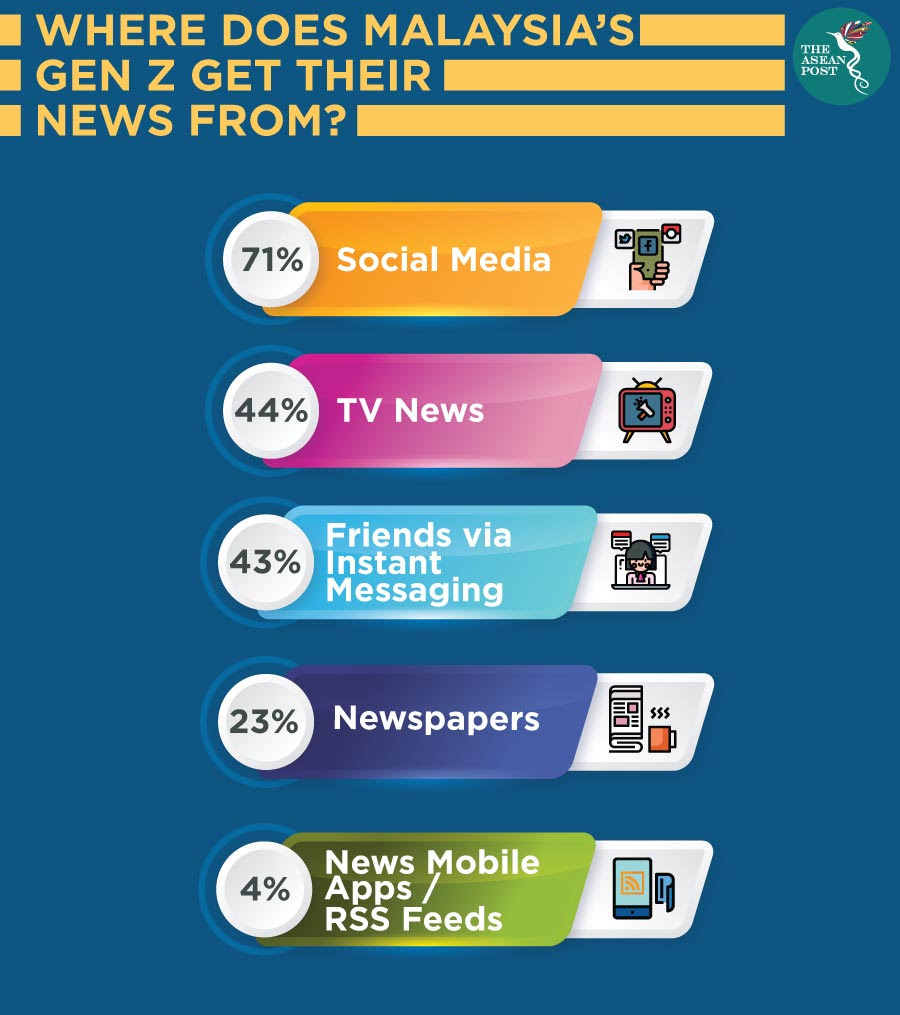

All around the globe, people utilise social media as a conversational tool which also makes it a tangible and powerful marketing tool. An endless amount of information is at the tip of our fingertips, but at a cost: many have become complacent in simply accepting everything they see as the truth.
Is misinformation unavoidable? Or are we stuck in a constant challenge, battling falsehoods, especially regarding the COVID-19 pandemic? This is a serious problem. Like a scourge, fake news can lead to many negative consequences, inciting fear and affecting one’s health. Misleading information can also make it harder for people to see and accept the truth.
According to a study, the role of social media during the COVID-19 era becomes increasingly prominent, for it is the main source of information, news and psychological nourishment. Users rely heavily on platforms such as WhatsApp, Youtube, Facebook, Twitter, Instagram, etc as a source of vital information. The study revealed that problems such as panic disorder and anxiety are associated with usage frequency, especially in an age in which social media reigns supreme.


In addition to that, the presence of looming vulnerability can influence one’s perception ability, but in which direction; powerlessness or resilience? When facing an unknown risk, many tend to gravitate towards what is being shown to them as they want to keep abreast of the ongoing situation. The collective sense of urgency to keep each other updated, coupled with the negligence to fact-check, is partly the reason why false information spreads so quickly especially among chat groups on applications like WhatsApp.
Types of fake news circulated online between January 2020 to June 2021 are those regarding the COVID-19 vaccine (e.g. on the negative effects of the vaccine); impact of COVID-19 towards the economic, financial and healthcare sectors; impact of COVID-19 on education (e.g. on the reopening or closure of schools); COVID-19 death (e.g. on deaths caused by the virus); COVID-19 aid; COVID-19 SOPs/MCO (e.g. on compounds issued for various SOP offences or enforcement of a movement control order on a particular area) and COVID-19 symptoms/testing/quarantine.
According to The Star, out of the 550 widely shared fake news items about COVID-19 that authorities have had to address since the start of the pandemic, 405 (70 percent) occurred between January and June 2020, with most of them regarding the spread of infection cases at different locations, or the implementation of SOPs. On the other hand, most of the fake news this year focuses on COVID-19 vaccines, including bizarre claims of death caused by eating durians after a jab.
The lack of censorship has given social media platforms the ultimate freedom to disseminate information, which in turn, leads to the circulation of vague and inaccurate news. Bear in mind that the authenticity of news has to be verified via official channels. Prior to this, the Malaysian Communications and Multimedia Commission (MCMC) developed a portal, Sebenarnya.my for the public to verify news that bears socioeconomic impact and affects the security of the country.
According to Sebenarnya.my, here are the ways to combat disinformation and spot misleading news:
- Investigate the source/evidence
- Read beyond the headline
- Consider the photos/videos
- Inspect the dates
- Look at other reports
- Utilise media literacy sites
The portal, besides focusing on news issues that are of national interest, also collects information regarding false information or news via public tip-offs and collaboration with other ministries. Introduced in March 2017, the portal has received 13,690 cues as of now.
So, is social media an ally or a potential threat? It would ultimately depend on the way it is used. As important as it is to be kept informed of the latest developments, it is equally important to ensure that the information is correct before passing it on to others.
Gisele Soo
=============================
Get your local news fast. Download the Ipoh Echo App on your mobile. Available on both Google Playstore and Apple Appstore.


